Review of Man Who Loved Women, The
Introduction
The disc allocation process at Reviewer Towers is something of a lucky dip. We humble reviewers get a choice of several film titles and pick the ones that we would prefer from the list. A few days later, a package of discs materialise as if by magic, more often than not completely different from the choices we made. Such is the life of a reviewer, that and the wild parties. Still picking from a list still holds its perils, especially in a day and age where remakes and re-releases dominate the cinema. When I elected to watch The Man Who Loved Women, I steeled myself for a bout with the 1983 Burt Reynolds Classic. Imagine the sweet surprise when the disc that turned up was the 1977 François Truffaut original, better known as L`Homme Qui Aimait Les Femmes. Once in a rare while, my faith in a supreme power is restored, if only briefly.
The funeral of Bertrand Morane is a well-attended affair as women, and solely women turn up to send him off. Thus begins a retrospective of this man`s remarkable life. Bertrand Morane was a man who had to have the company of women. Life for him was an endless series of casual relationships with women of all sorts, they infatuated him and he went go to ridiculous lengths to meet anyone who caught his fancy. There came an inevitable point where his past began to blur, and he decided to chronicle his amazing life in an autobiographical account. He wrote about the relationships that defined him, some of his more remarkable encounters and essentially why he became the man he was.
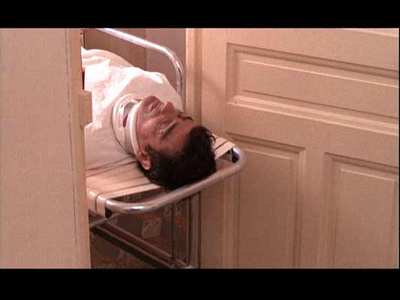
Video
The film is presented in a 1.66:1 letterbox format. If you have a suitable zoom control on your TV, you can rest assured that the subtitles will not be lost. The image itself is clear and quite colourful, but a little soft and grainy. The film also shows its age with a fair amount of dirt and scratches on the print. Oh, and in one scene, a suit with a fine check pattern caused some thoroughly evil moiré. The film is also a fine example of seventies fashion. It kind of makes you grateful for the eighties.
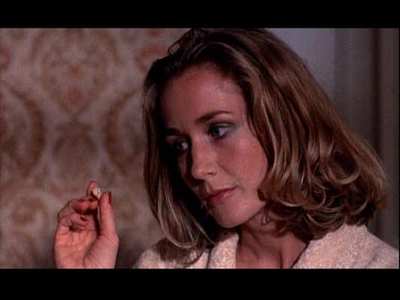
Audio
The sound is available in the original French, as well as German, Italian and Spanish versions, all of them presented in DD 2.0. I`m assuming that they are mono tracks, as I didn`t notice anything to convince me otherwise. The dialogue is clear throughout; otherwise there is nothing really noteworthy.
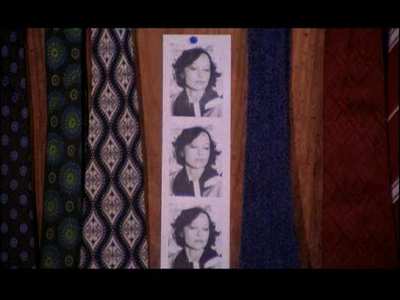
Features
MGM disc, therefore a trailer (American) and veritable Babel of subtitles.
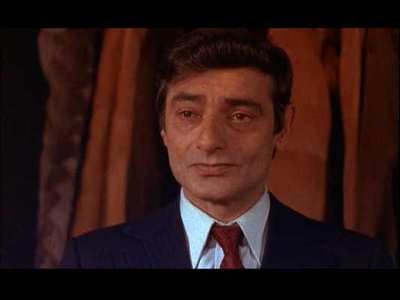
Conclusion
The initial premise of The Man Who Loved Women isn`t an appealing one. A self styled Casanova recounts his conquests and misadventures with the opposite sex. It felt a little too close to one of those tawdry sex comedies of the seventies, Adventures of a Window Cleaner or some such. However I was pleasantly surprised by the reality of The Man Who Loved Women. While the film promises misogyny and objectification of women, it actually delivers a remarkably tender story with splashes of dark humour and biting wit. This is through the benefit of a thoughtful script and some excellent performances, especially Charles Denner as Bertrand Morane.
Charles Denner is an inspired bit of casting, as the performance is hardly that of a lady-killer. In appearance he has a weathered face and a body that can best be described as lived in. His portrayal is hardly one of a charmer and Bertrand comes across as a morose man, desperate for attention. He looks gaunt to the point of illness, but he still manages to bring an honesty and magnetism to the role that makes his success with women plausible. The supporting cast, mostly women of course are also drawn as rounded characters, Nelly Borgeaud as Delphine is particularly memorable.
The Man Who Loved Women is an exploration of a damaged psyche, and Bertrand`s character is explained through some poignant flashbacks to his relationship with his mother. You can begin to understand the loneliness and need that drive his obsession and the fears that send him back to his solitude. It is no surprise then that his mania becomes his undoing. His motivations are also admirably left ambiguous and open to interpretation for the audience, and in that sense he becomes something of an everyman character. However, when the psychology is done with, what is left is rather lightweight and frothy. The two story telling devices, beginning with the funeral and then moving on to the writing of the autobiography certainly add a great deal of interest to the plot, but when all is said and done, The Man Who Loved Women feels a little tame and inconsequential. Still, subtle performances and an incisive and realistic script make this film worthy of consideration.
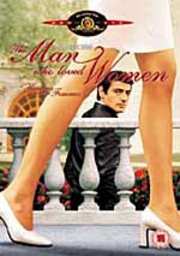





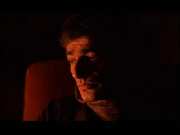
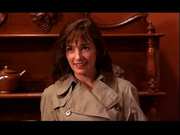
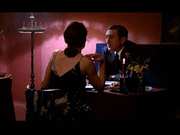
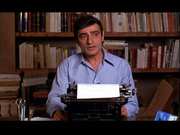
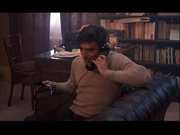

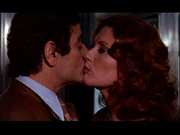

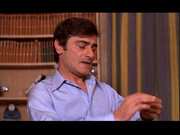
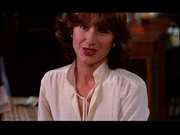
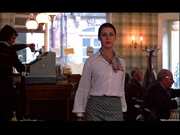


































Your Opinions and Comments
Be the first to post a comment!